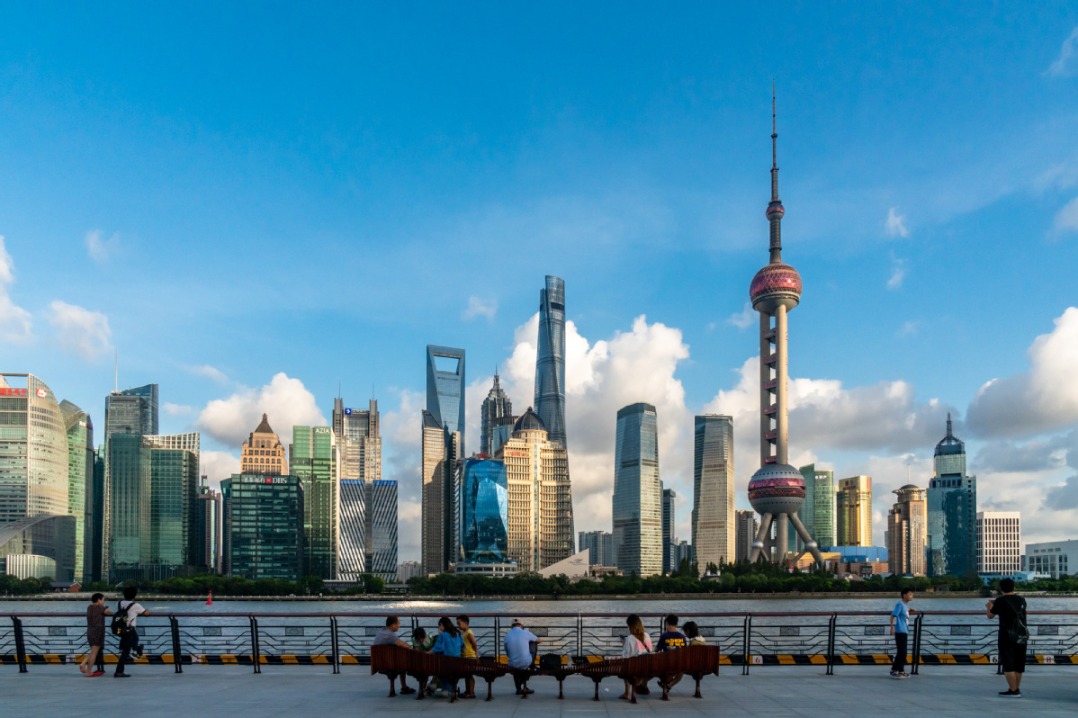It's time US woke up and smelled the coffee: China Daily editorial


That Chinese Commerce Minister Wang Wentao held a "candid, in-depth and pragmatic" conversation on bilateral trade and economic ties with US Commerce Secretary Gina Raimondo on the phone on Tuesday shows the two sides are maintaining close contact on different levels under the Sino-US communication mechanism agreed to by the two heads of state during their meeting in San Francisco in November.
Although the full details of the conversation are not known, Wang said progress has been made in deepening cooperation, managing differences and addressing the concerns of enterprises through such exchanges, indicating trade and economic relations could improve.
As Wang said, China is willing to work with the US on the basis of mutual respect, peaceful coexistence and win-win cooperation to implement the consensus reached by the two leaders in San Francisco, and put Sino-US relations back on track.
Yet the fact remains that despite China's willingness to rebuild healthy bilateral trade relations, Washington has not eased its de facto embargo on export of advanced semiconductors to China or lifted the punitive tariffs on Chinese products such as electric vehicles and green energy products. The US side should make clear what exactly are its national security concerns in the economic and trade field, because a favorable policy environment for cooperation could be created and bilateral trade relations stabilized by addressing those concerns. This is particularly important for the US people, who, along with their counterparts in some US ally states, have been footing the bill for Washington's protectionist, coercive and bullying trade policies.
Also, the US has failed to thwart the progress of China's high-tech sector or contain the country's overall development by imposing those punitive tariffs. By addressing the concerns of Chinese enterprises, lifting sanctions on Chinese entities, and improving the business environment for Chinese companies in the US, the administration will not only earn substantial benefits but also create the necessary conditions for normalizing the most consequential bilateral ties of the 21st century, while strengthening cooperation in the fight against issues of global concern such as climate change and nuclear proliferation.
But that depends on whether Washington can see China for what it is, a developing partner, not a strategic challenger or a threat to the US. That, however, is not what the US side has been doing. While US Secretary of State Antony Blinken wrote in an article published in the Foreign Affairs magazine recently that China is the only country with the intent and means to reshape the international system, US President Joe Biden said the US would treat China as its "pacing challenge", its most consequential long-term strategic competitor.
By portraying China as a "strategic challenger" to the US, American politicians may be able to misguide some people and garner their votes, but they would be doing a great disservice to the US and global economies by stymieing free trade and consequently global economic growth.
As Mao Ning, spokesperson for the Chinese Foreign Ministry, said, the US views the international landscape and its relations with China through the lens of strategic competition, which shows it is obstinately clinging on to the Cold War mentality. The fact that the Biden administration sees China as its long-term strategic competitor and a "pacing challenge" shows how the US imposes its own hegemony on other countries.
The US' gross misjudgment of China and Sino-US relations does not serve the interests of the two peoples or meet the expectations of the international community.
It's time the US woke up and smelled the coffee, and worked together to normalize Sino-US relations, especially trade relations. After all, the two economies are still structurally complementary and stand to gain much through cooperation.


































